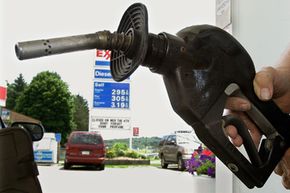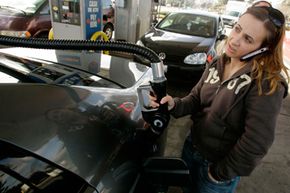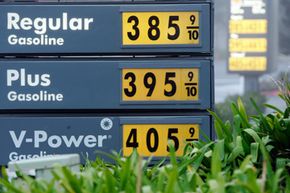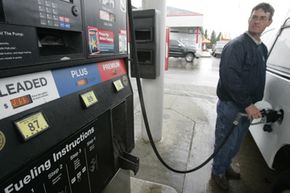Good fuel economy isn't considered an afterthought when it comes to buying a car anymore. These days, the ability to get good gas mileage will often be the main reason someone buys one vehicle over another.
And why wouldn't it be? With gas at more than $3 a gallon in some areas, it's no longer cheap to fill up. In addition, drivers are more aware of the environmental and political impact of their vehicles than ever before. Today, most consumers want a car that has low emissions and won't use too much gasoline, a fossil fuel that's in limited supply and often a reason for global conflict.
Advertisement
In other words, fuel efficiency is "in." Drivers are turning to smaller cars, hybrids and clean diesels at levels never before seen. Many cars even include fuel economy gauges that indicate exactly how many miles per gallon they're getting.
But you don't need a new car or new technology to tell you how "green" you're driving. It's easy to calculate your vehicle's miles per gallon, and to keep a watchful eye on how expensive gas is in your area, too.
In this article, we'll discuss how to calculate your own personal fuel cost. You'll also learn just how much gasoline you use on a regular basis, and how to find out whether or not you can expect gas prices to go much higher.
Advertisement






